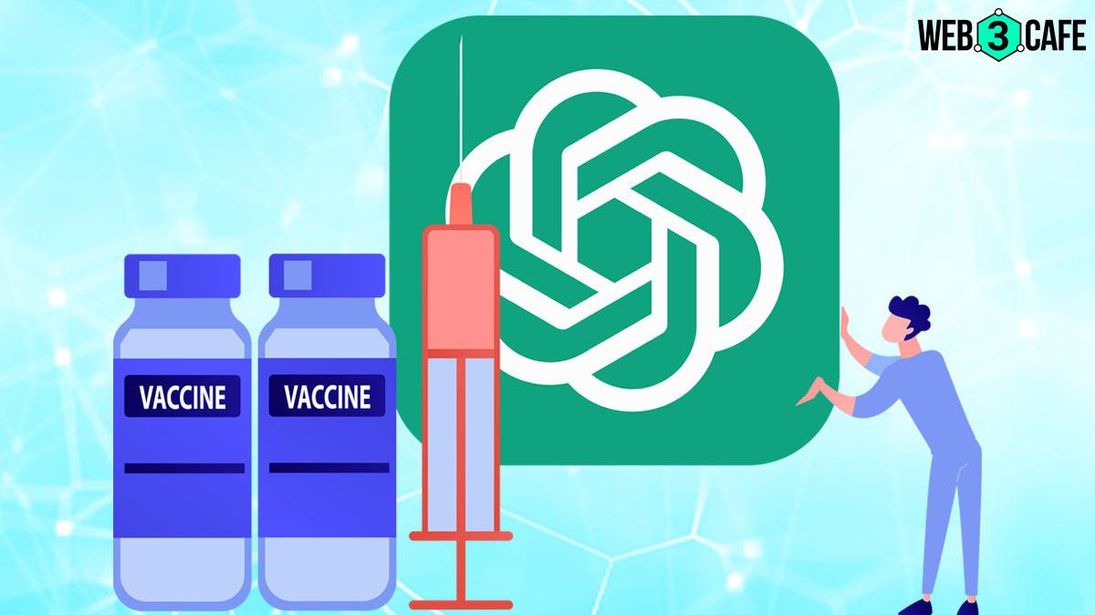ChatGPT debunks vaccine myths, boosts uptake, study reveals
A recent study underscores the importance of leveraging AI technology to combat vaccine misinformation and highlights the need for continued improvements to ensure its accuracy and reliability.
 artificial intelligence
artificial intelligence
Highlights
- A recent research highlighted ChatGPT's remarkable performance in addressing vaccine-related queries
- The AI tool consistently provided reliable and understandable responses, particularly for individuals lacking specialised scientific knowledge
Artificial intelligence-powered chatbot ChatGPT has emerged as a powerful tool in combating vaccine misinformation and increasing vaccine uptake, according to a recent study conducted by researchers at the University of Santiago de Compostela in Spain. Published in the journal Human Vaccines and Immunotherapeutics, the study evaluated ChatGPT's ability to address the top 50 most frequently asked questions regarding Covid-19 vaccines, including myths and false narratives.
ChatGPT scores high in accuracy
The research findings highlighted ChatGPT's remarkable performance, with an average accuracy rate of nine out of ten in addressing vaccine-related queries. While occasionally leaving some gaps in information, ChatGPT consistently provided reliable and understandable responses, particularly for individuals lacking specialised scientific knowledge. Study lead author Antonio Salas, a professor at the University of Santiago de Compostela, noted that ChatGPT effectively "constructs a narrative in line with available scientific evidence, debunking myths circulating on social media." This capability holds significant potential in encouraging higher vaccine uptake rates.
Addressing vaccine hesitancy & misinformation
Vaccine hesitancy, listed as one of the top 10 global health threats by the World Health Organisation (WHO) in 2019, has been a persistent challenge, exacerbated during the Covid-19 pandemic by the rapid spread of misinformation on social media platforms. ChatGPT's ability to provide scientifically sound information and debunk myths is a crucial step in countering this phenomenon.
Room for improvement
Despite its success, the researchers noted some limitations of ChatGPT. The chatbot occasionally changed its answers in certain situations, and there were concerns that it could be manipulated to provide responses contradicting scientific evidence. Therefore, the study emphasised that ChatGPT should not replace expert advice or scientific evidence but should serve as a valuable supplementary resource.
In a world where misinformation can have serious consequences, ChatGPT's ability to address vaccine safety concerns with accurate information represents a significant step toward building public trust in vaccines. By providing easily comprehensible responses rooted in scientific rigor, ChatGPT could play a pivotal role in promoting vaccine confidence and public health.


COMMENTS 0